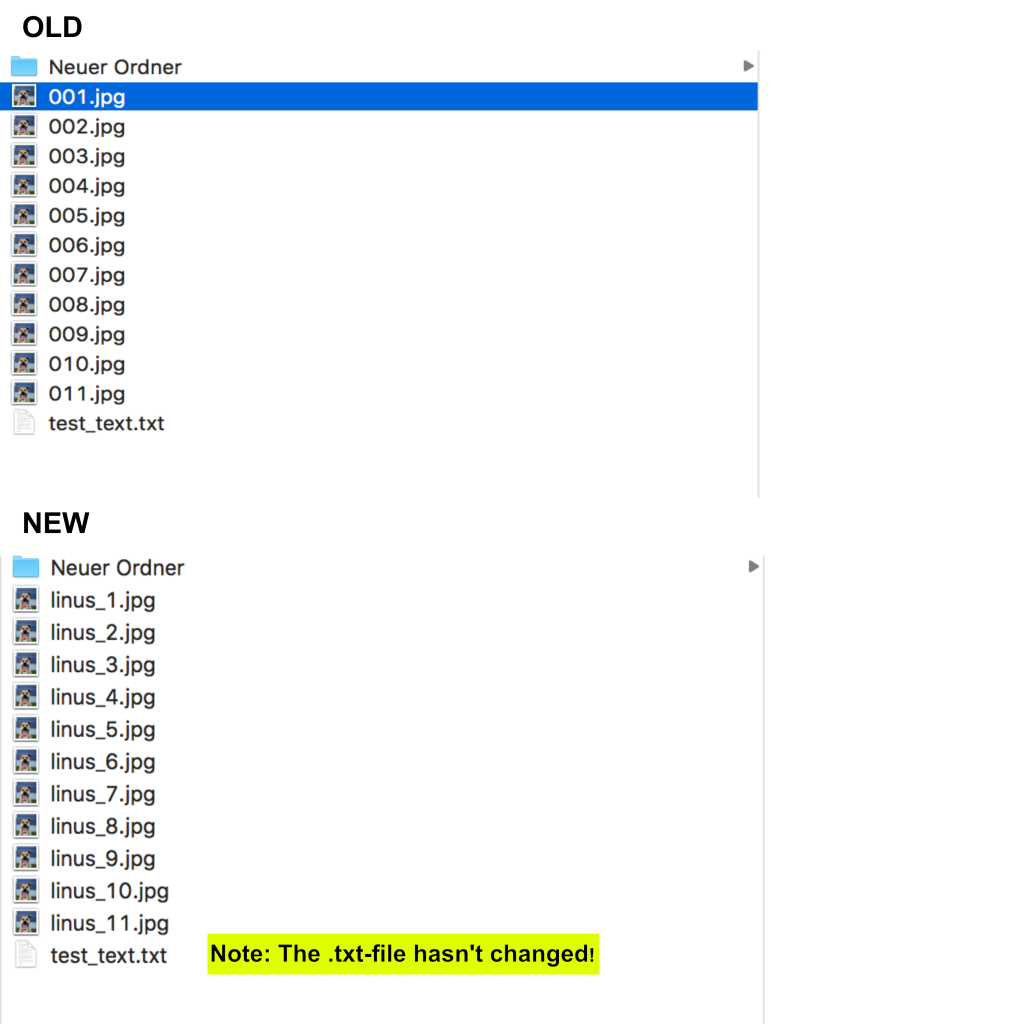# list - holds a list of objects
# can be of any type and mix them
# lists are mutable
names = [] # create an empty list
names_1 = ["Harvey", "Charles"] # create a populated list
# with list a string will return as individual chars
custom_list = list("Robert")
print(custom_list) # ['R', 'o', 'b', 'e', 'r', 't']
# get specific items with index (index starts at 0)
print(names_1[0]) # Harvey
print(names_1[1]) # Charles
#list insertion
#insert an item with index
names_1.insert(1, "Dave")
print(names_1) # ['Harvey', 'Dave', 'Charles']
#append an item at the end of the list
names_1.append("Clara")
print(names_1) # ['Harvey', 'Dave', 'Charles', 'Clara']
#replace an item with index
names_1[1] = "Sophie"
print(names_1) # ['Harvey', 'Sophie', 'Charles', 'Clara']
# delete an list item
#1
names_1.remove("Harvey")
print(names_1) # ['Sophie', 'Charles', 'Clara']
#2
del names_1[2]
print(names_1) # ['Sophie', 'Charles']
# sorting a list
# sort strings alphabetically
names_1.sort()
print(names_1) # ['Charles', 'Sophie']
# sort numbers
numbers = [3,2,7,-3,99]
print(numbers) # [3, 2, 7, -3, 99]
numbers.sort()
print(numbers) # [-3, 2, 3, 7, 99]
# ATTENTION: You can't sort numbers and strings in one list -> error
#example
# tuples - holds unmutable items
# tuples can't be changed
# tuples can serve as keys in dictionaries
# ideal for unchanging values like pi or 24 hours
# crate a tuple
tuple_name = ("Steven", "Alice", "Vincent")
print (tuple_name)
print(tuple_name[1]) # Alice
# cannot append to tuples
# Sets
# sets are mutable and don't care about order
# they are great to check membership, remove duplicates and are hashable
digits = [0,1,1,2,3,4,4,5,6,7,8.5,9]
digit_set = set(digits) # removes duplicates
print(digit_set) # Output: {0, 1, 2, 3, 4, 5, 6, 7, 8.5, 9}
print(9 in digit_set) # True - checks if 9 is a member of the sets
# you can add or remove other Sets
even = {2,4,6,8,10} # note we are using {} here instead of []
odd = digit_set - even # remove even from digit_set
print(odd) # Output {0, 1, 3, 5, 7, 8.5, 9}


